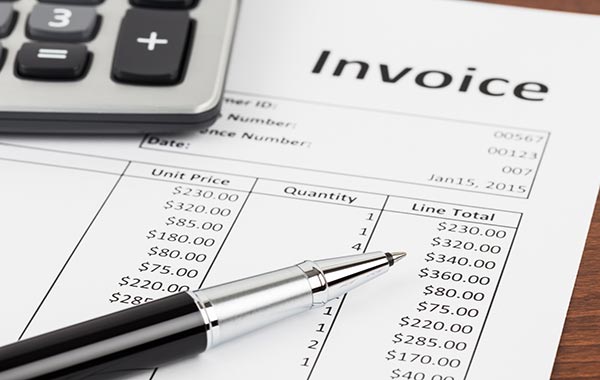The work contractors do is hard; getting paid for it should not be. Contractors deserve to be paid for their work on-time and in full. Unfortunately, payment delays are not uncommon in the industry. Below are some tested strategies contractors can take to reduce the risk of late payments and ways to handle them if they do occur.
- Specify payment deadlines and methods in contracts. Utilizing contracts is an effective way to ensure payment. When a consumer signs a contract, they are legally bound (as are contractors) to the terms and conditions of the document. By including payment deadlines and methods of payment in a contract, contractors can bring legal action against consumers attempting to skip out on the bill.
- Be upfront and transparent by providing and discussing cost estimates. Budgeting is a crucial part of project planning. This practice allows contractors to have an educated idea of how much the full project will cost. Providing these cost estimates for supplies, labor, etc. to consumers prior to starting work will provide both parties a chance to discuss any cost-related issues. This also allows for reassurance that the consumer is supportive of costs for the project at hand.

- Submit detailed invoices to clients. Similar to providing a cost estimate, handing over a detailed invoice, once work is completed, can help a contractor's case should a payment dispute arise. Detailed invoices provide the opportunity to justify expenses, which is especially important should legal action be necessary to recoup payment.

- Send a payment demand letter. Should a consumer refuse payment, this is a form of legal action contractors can take to get paid without going to court. Payment demand letters specify how a debt should be paid and informs of the consequences if the consumer does not pay up by a certain date. Once a payment demand letter has been drafted, contractors should send it to their insurance agent and lawyer (if necessary) for assistance moving forward.
- File a mechanic’s/contractor’s lien. This is a legal action that states the contractor has a claim on the property where work was performed due to lack of payment. A lien filed against a consumer will negatively impact their credit score and can make it difficult for them to sell or refinance the property, so it is anticipated this action will get things moving.
Contractors put a lot of time and energy into properly bidding and completing projects. The last thing they should have to worry about is exerting even more energy into getting paid for their work. By being proactive and transparent, contractors can reduce the risk of payment delays as well as set themselves up to win legal disputes if necessary.

